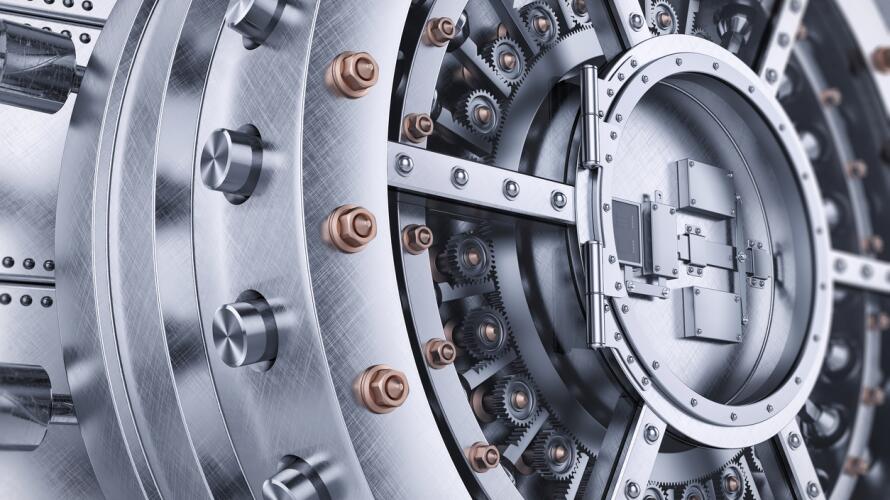SAFEs 101 for Investors

What is a SAFE investment?
SAFE stands for “simple agreement for future equity,” and was created by Y Combinator in 2013 as an alternative to investing via convertible notes. SAFEs are neither equity nor debt – they represent a contractual right to future equity, in exchange for which the holder of the SAFE contributes capital to the company.
Like convertible notes, SAFEs enable investors to convert their investment to equity during a future preferred stock round and can include discounts or valuation caps. However, unlike convertible notes, SAFEs do not have a maturity date—so a SAFE might never convert to equity, and there is no requirement that the company repay investors. In addition, SAFEs do not accrue interest.
Why do companies use SAFE investments?
The SAFE is useful as a simple, relatively well-balanced document to enable early-stage companies to quickly and easily raise funds from friends, family and angel investors without the complications associated with priced equity rounds, such as establishing a value for the company, or with debt instruments, such as the various accounting and tax consequences that come with taking on debt.
How are SAFEs treated by securities laws?
SAFEs are considered to be securities, like stock and convertible notes, and are thus regulated by the SEC under the Securities Act of 1933 and Securities Exchange Act of 1934. The SEC and others have warned unsophisticated investors to be wary of SAFEs, as they are not the same as common stock and the investor does not get an equity stake in return. In addition, the SEC worries that the name “SAFE” will be a misleading misnomer to the inexperienced investor.
Though investors in SAFEs are not entitled to stockholder rights, in the event of a liquidation, they are paid before the liquidated assets of the company are distributed to stockholders—but after creditors of the company.
What do I need to know before I invest in a startup via a SAFE?
You should always consult with your attorney or accountant before making an investment. However, in addition to the points raised above, it is important to note the following:
- SAFEs do not provide investors with voting rights until/unless the investment converts into preferred equity.
- No dividends or distributions are issued to SAFE holders.
- The lack of a maturity date means your investment might not ever convert or be repaid. That said, this is always a risk with startup investments, whether via debt or equity: startup companies may become insolvent before they can reach a qualifying financing or exit event, so it can be difficult to recover an investment from an insolvent company regardless of whether a promissory note, a convertible note or a SAFE is used.
- If the company dissolves before an exit event, SAFE holders may get their investment back before the liquidated assets are distributed to stockholders, if there is cash available to do so.
- If the company has a change of control or an IPO before the SAFE has converted, the investor will receive, at their option, a cash payment for their purchase amount or the equivalent in common stock of the company. If there is insufficient cash to pay all SAFE holders at that time, the company’s available funds will be distributed pro rata among the investors, and the investors will receive common stock of the company for the remaining balance.
Why are SAFEs good for investors?
The benefits of the SAFE favor the company more than investors, but they can still be a useful tool. Like with convertible notes, SAFEs can include economic protections such as discounts and valuation caps; and, should the company dissolve, the SAFE holders get repaid out of the liquidated assets before stockholders get any distributions. Also, you may be able to invest in a company that otherwise isn’t ready to issue preferred stock but would like to avoid sizable debt on its balance sheet.
As such, SAFEs are perhaps best deployed in pre-seed round companies looking for enough runway to approach angel investors or VCs in the near term, and those who invest in such SAFEs can receive preferred stock in the subsequent seed round at a discount.
Hutchison attorneys are available to help draft or review a SAFE investment instrument. Feel free to comment below, email me or connect with me on LinkedIn if you have any questions.
The blog content should not be construed as legal advice.


Show Comments / Leave a Comment
Comments
There are no comments yet.
Leave a Comment